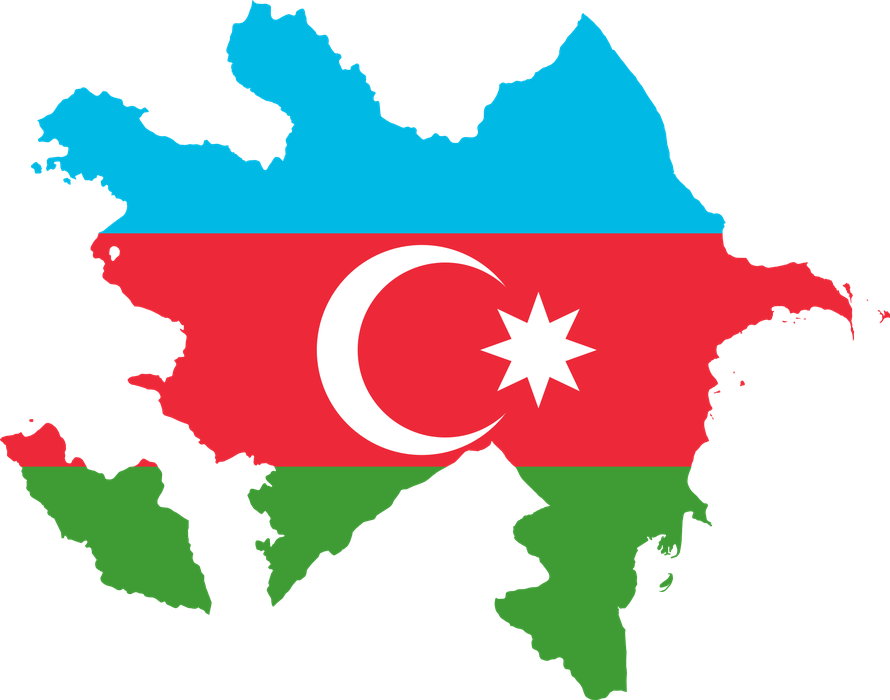
Peaceful Assembly
Protest in Baku: "Freedom to the Ganja prisoners!"
The Ganja case has been brought back to public attention. On May 25, 2021, the relatives of those convicted in the so-called "Ganja Case" staged a protest in front of the office of the EU Representation in Baku. One day before, the mothers of the “Ganja prisoners” came to the building of the Presidential Administration to demand freedom for their children detained 3 years ago, but the police forced them to leave the place. According to human rights experts, the police acted wrongly, using legislation that violates the right to assemble. In front of the EU Office, the demonstrators chanted slogans demanding that the 12 people detained in 2018 and sentenced to several years in prison to be released. They also demanded fair justice for those detained illegally. The Ganja case refers to an attack in July 2018 on the mayor of Ganja, Elmar Veliyev. According to Azeri media, a resident of Ganja, Yunis Safarov, wounded him and his bodyguard. Immediately after the attack, several protests followed in front of the Ganja administration building. Several police actions were organized to detain those involved in the attack. During these actions, two high-ranking police officers were killed. The situation degenerated, and about 70 people were arrested and subsequently convicted in this case. Only a few people were released from detention. The trial of Yunis Safarov, the main accused, and 11 other people began in January 2020.
Two years ago, Azerbaijan claimed that a suspect in the assassination of the mayor of Ganja had spent eight months in 2016 in Iran’s religious city of Qom and then traveled to Syria for military training. Yunis Safarov was arrested shortly after the mayor’s murder.”
— Alireza Nader علیرضا نادر (@AlirezaNader) July 28, 2020
The pandemic further restricted the right to protest
In May, the Turan Agency announced the cancellation of several protests planned to be organized by civic activists. According to the same source, the special quarantine regime, introduced to reduce the impact of the pandemic, greatly affected the freedom of assembly, restricting protests as a form of disagreement with specific decisions taken by the governing regime. Previously, there were restrictions, rallies or public demonstrations being possible only in some capital regions, without being organized in Baku's center.
Civic activists point out that there are currently several question marks over these special quarantine restrictions, and the arguments put forward by the authorities are not convincing enough. While protests are not allowed, other activities, such as international sports competitions, may be held in large numbers in early June. Quarantine is a recent argument, but it is being used skillfully to reduce the level of protests further. The Cabinet of Ministers signed recently a Decree regarding the special quarantine regime's extension in the territory of the Republic of Azerbaijan until June 1st. According to the authorities' decisions, all public events, including cultural and sports events, were suspended, except for sports competitions and open-air games without the participation of spectators.
Association
EU, in partnership with the UNDP, launched a new initiative to support Azerbaijani civil society in April
The European Union (EU) and the United Nations Development Program (UNDP) have launched a program to support civil society in Azerbaijan. According to the press release issued on April 19, 2021, the program will provide financial support of EUR 3 million to increase CSOs' capacities to engage in policy-making processes, local development, and social innovation, but also to modernize the civil society sector. More than 50 Azerbaijani civil society organizations participated in the online launch event of the project. The EU initiative, technically supported by UNDP, provides both training programs to increase civil society's capacity and several sub-grant schemes. In recent years, civil society in Azerbaijan has gone through several challenges, most of them referring to restrictive legislation that has prevented civil society from benefiting from external financial resources.
Expression
The list of political prisoners has been updated
There are 111 political prisoners in Azerbaijan, this is the figure provided by the Union "For Freedom of Azerbaijani Political Prisoners". At the beginning of April, the Union "For Freedom of Azerbaijani Political Prisoners" experts presented the updated list of people who were sentenced to detention for political reasons. According to the list's authors, the pardon signed by the country's president failed. In March, Ilham Aliyev signed a pardon decree for several hundred people, but only 38 were political prisoners. Moreover, from March until the data were updated, three other people were recognized by civil society as having political prisoners. Civil society experts believe that people in detention and recognized as political prisoners are used as tools of coercion against the opposition and civic or political activists to maintain control over the government and discourage any form of protest.